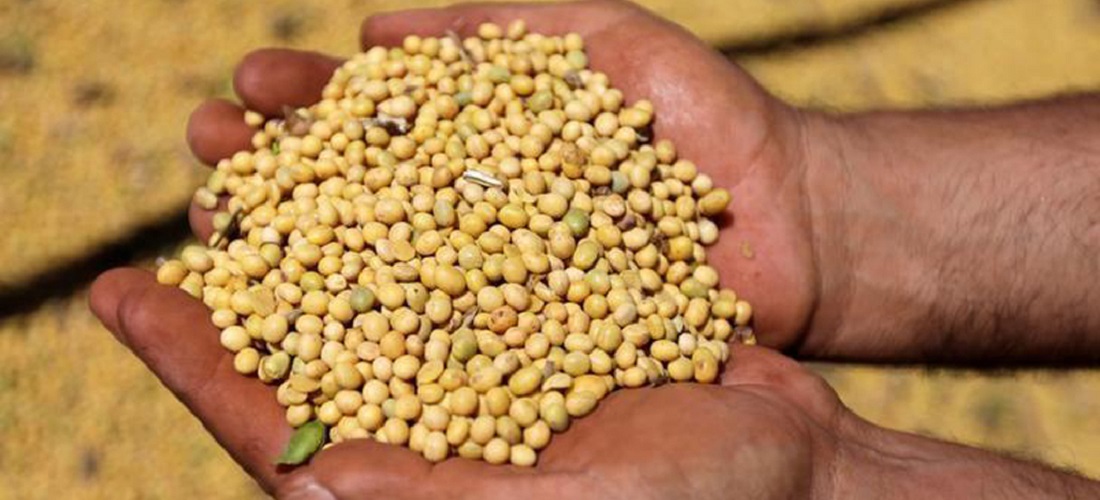
Commodity prices in China collapse following Coronavirus concerns
Feb, 03, 2020 Posted by Sylvia SchandertWeek 202006
According to Reuters, commodity markets in China plummeted on the first day of trading after a prolonged Lunar New Year holiday, with several futures contracts reaching the daily drop limits on the back of fears regarding the spread of the Coronavirus outbreak.
The usually most active contracts fell to the lowest permissible levels. Copper on the Shanghai futures exchange, Iron Ore in Dalian and Oil on the international energy exchange all lost ground. Copper lost 7% and iron ore and oil fell 8%.
Agricultural products on the Dalian stock exchange including soybean oil, palm oil and eggs also reached the lower limits.
Losses in China have followed setbacks in global markets since January 24, when the Lunar New Year holiday began, as concerns about the virus hit prices in all sectors.
The coronavirus epidemic, which had already left 362 dead by Sunday, with more than 17,000 infected in two dozen countries, was declared an international emergency by the World Health Organization (WHO).
Analysts said the impact of the epidemic on commodity prices was greater than that witnessed during the SARS outbreak between 2002 and 2003, which also originated in China and led to almost 800 deaths.
“China accounts for a much larger share of demand for commodities nowadays compared to 2003. The impact is more acute in terms of demand performance,” said analyst Vivek Dhar, of the Commonwealth Bank of Australia.
“The other question to consider is how long the lunar new year holiday will last (due to the virus) … for physical markets, the demand for refueling is very weak. This plays a greater role in sectors driven by the physical market, such as iron ore and coal,” he said.
Although financial markets reopened on Monday, other parts of the economy remain closed, with many provinces and companies extending the holiday for another week.
On the Shanghai Stock Exchange, nickel, tin, lead and stainless steel fell by 5% to 6%, while aluminum and zinc fell by 4% to 5%.
Most prices operated close to the daily low limits at the end of the sessions.
Source: Reuters
-
Economy
Dec, 01, 2023
0
WSJ: China’s Economy Faces a Sour End to the Year
-
Grains
Jun, 26, 2023
0
Hidrovias do Brasil Port becomes the 1st in Pará authorized for corn exports to China
-
Ports and Terminals
Jan, 18, 2024
0
Private Ports Trade Figures Highlights Industry’s Economic Struggles
-
Meat
Jan, 26, 2024
0
Uncertainties Loom Despite Argentina Beef Export Record in 2023

